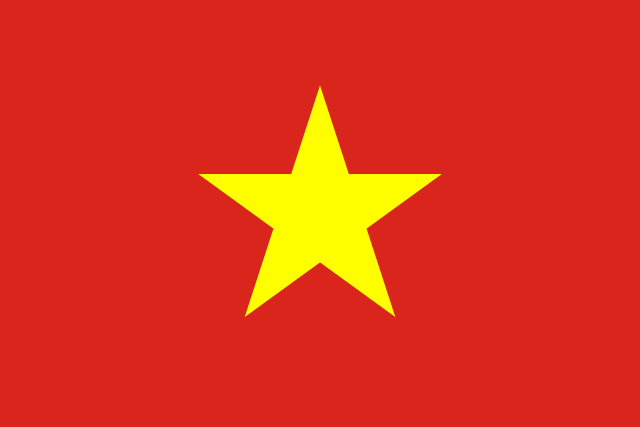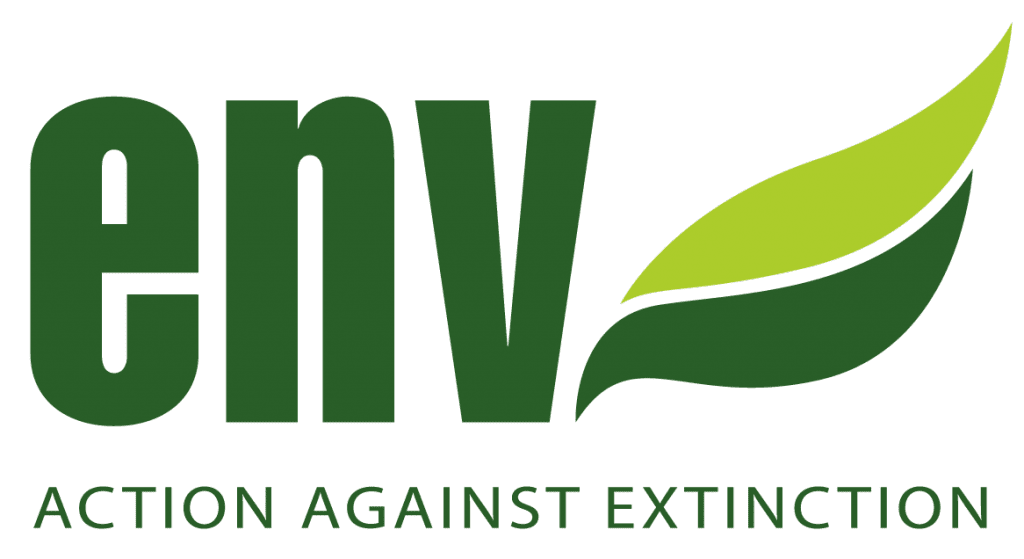Run4Turtles 2023 helps secure the public’s participation in protecting Vietnam’s native turtles
December 3, 2023 – Today, Education for Nature – Vietnam (ENV), in collaboration with Sporting Republic, hosted Vietnam’s first “Run for Turtles,” the 14th Song Hong Half Marathon, at Ciputra Hanoi International City. The event aimed at promoting the conservation of turtles and encouraging the public not to illegally buy or sell turtles or keep them […]

